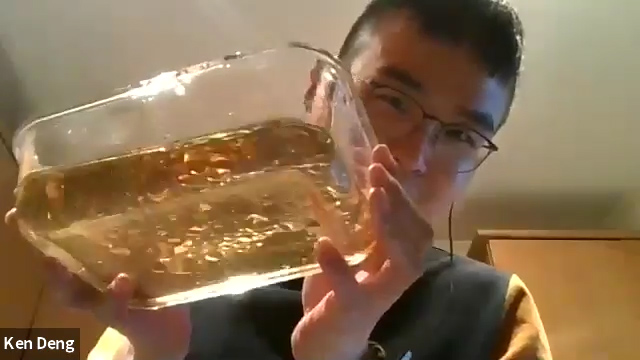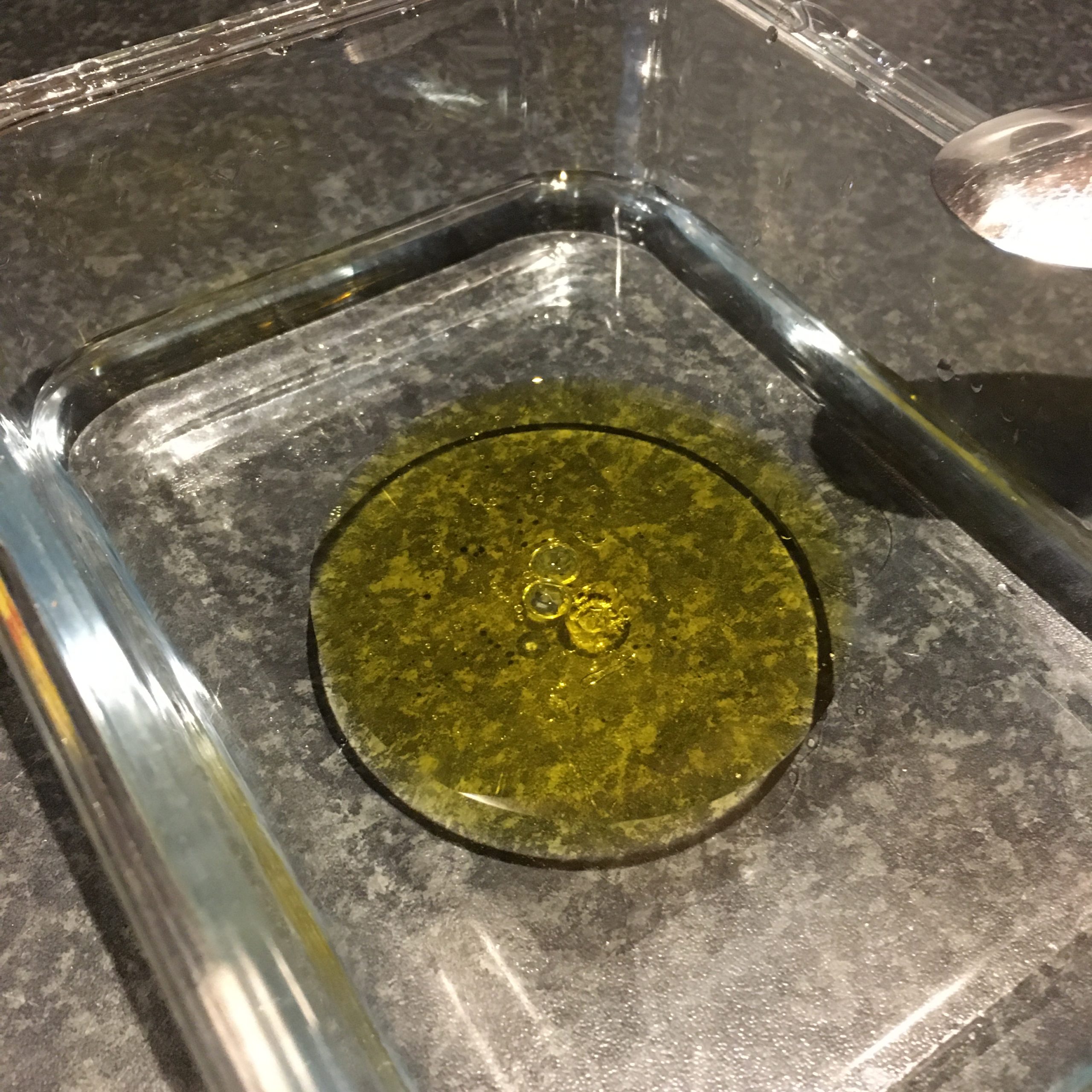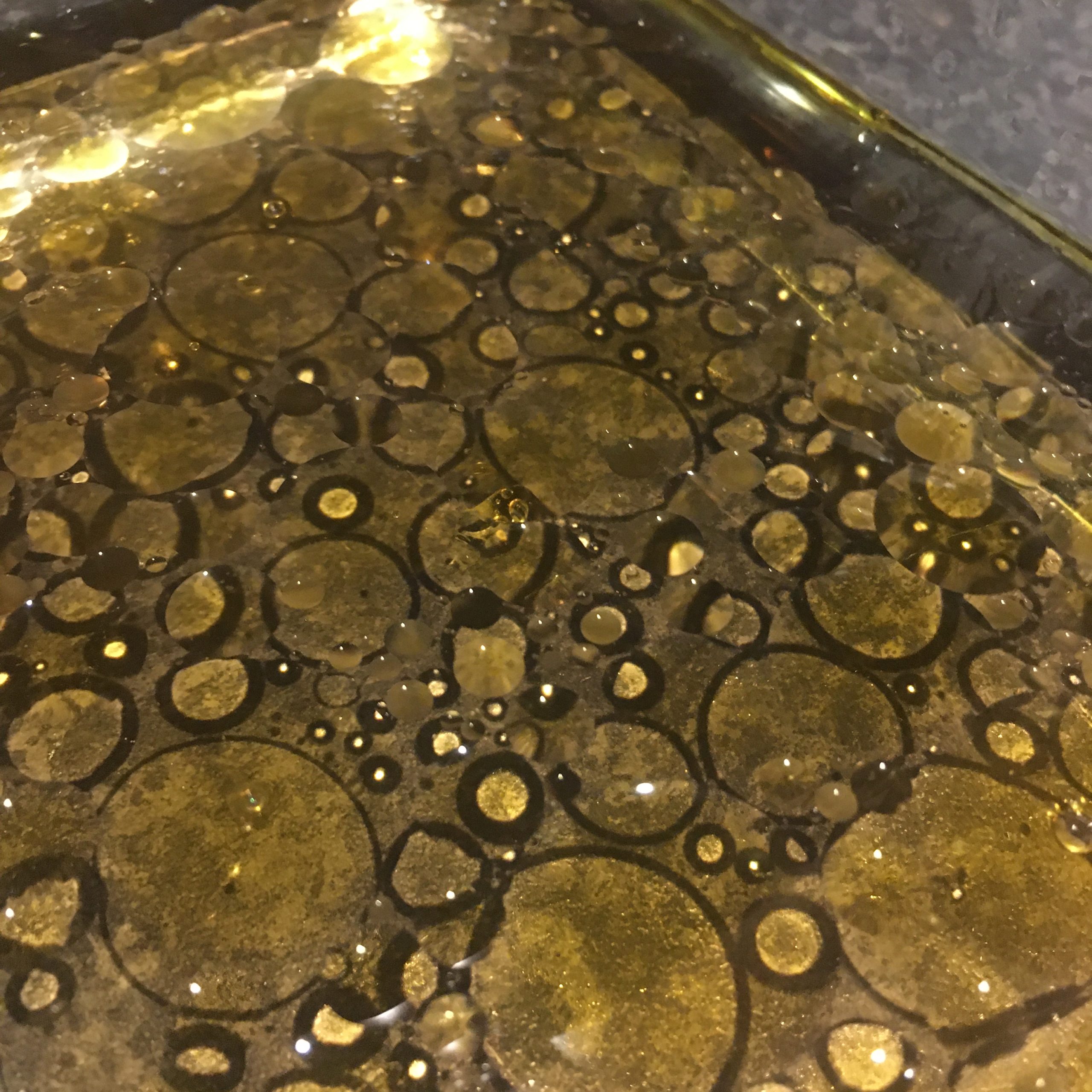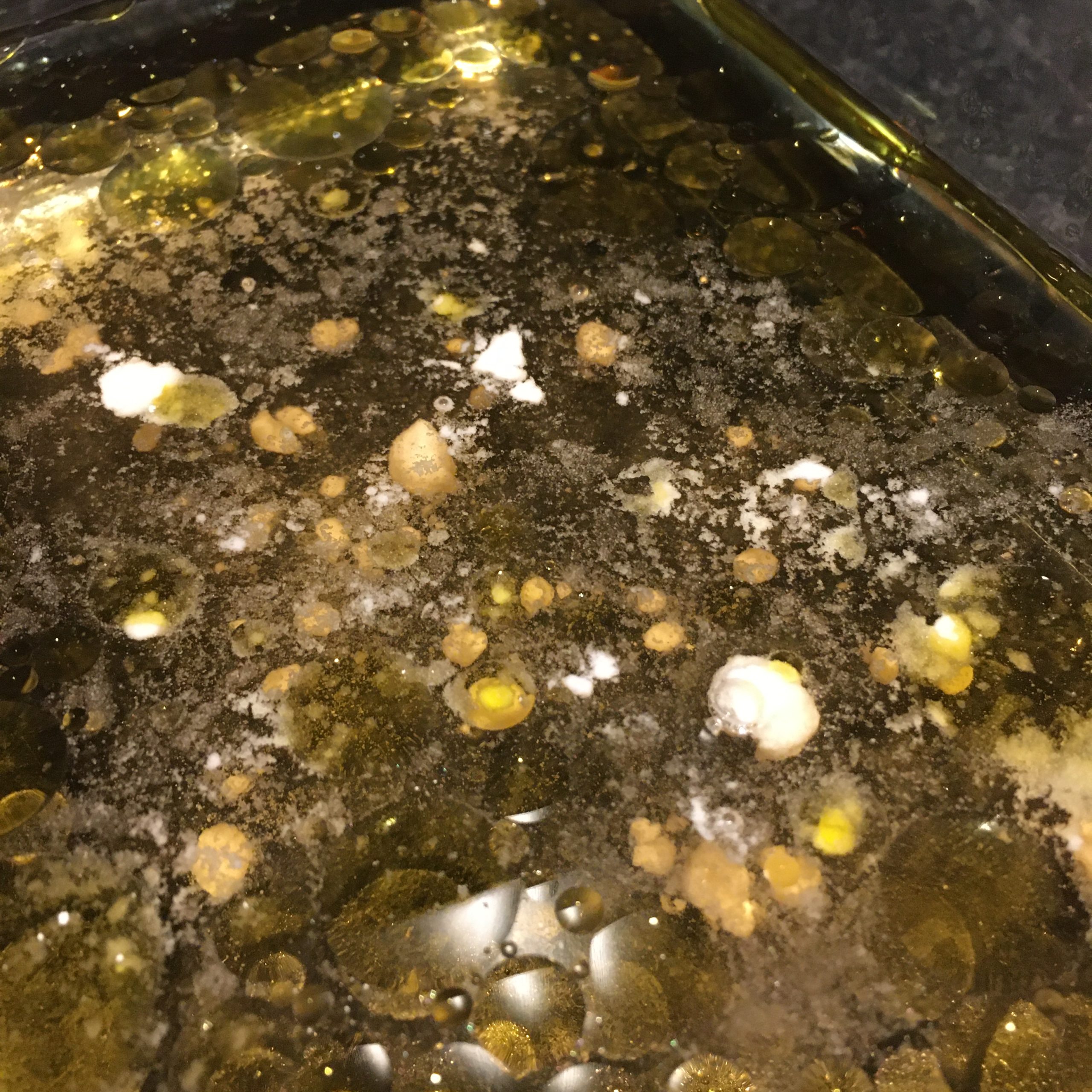Jannat, Ken and Mattie
Jannat – Structural variants in genes, 3D genome, what happens to DNA when it experiences a significant trauma and baking. Mattie – Curating, art-science collaborations and creative writing. Ken – Science communication, discovering science and arts in daily life as an economic naturalist, photography, curating and cooking.
Before collaborating on #flowcellular
I didn’t know…
Jannat: How much fun it would be.
Mattie: How you could explain really complex topics with the food we eat everyday.
Ken: How cancer and ageing sit together. I can make sense of cancer, but I didn’t know about ageing and cancer.
I had always wondered…
Jannat: How I would be able to explain such complex topics, but in a very relatable way rather than just talking about science with somebody who has some sort of science background.
Mattie: How scientists and artists could come together to talk about important topics.
Ken: How I am going to explain this in the future.
During #flowcellular
I was most surprised by…
Jannat: How much bread we used.
Mattie: How much fun it is making things and doing things with your hands. Particularly after being on Zoom for ages.
Ken: How many daily examples we can think of to explain ageing and cancer.
I experimented with…
Mattie: How food can be a metaphor for everything.
Jannat: Bread
Ken: Sticky dough
Towards the end of #flowcellular
I think differently about…
Mattie: How science seems less abstract, more understandable, not something to be scared of.
Jannat: I do think a little bit differently about my data than I did before. It’s sort of reminded me of the bigger picture.
Ken: About ageing.
I will remember…
Mattie: Just how much mess and fun you can have with food and ideas.
Jannat: I don’t think I can eat focaccia now without thinking about #flowcellular.
Ken: Putting my computer and cutting board together.
Jannat's lockdown baking
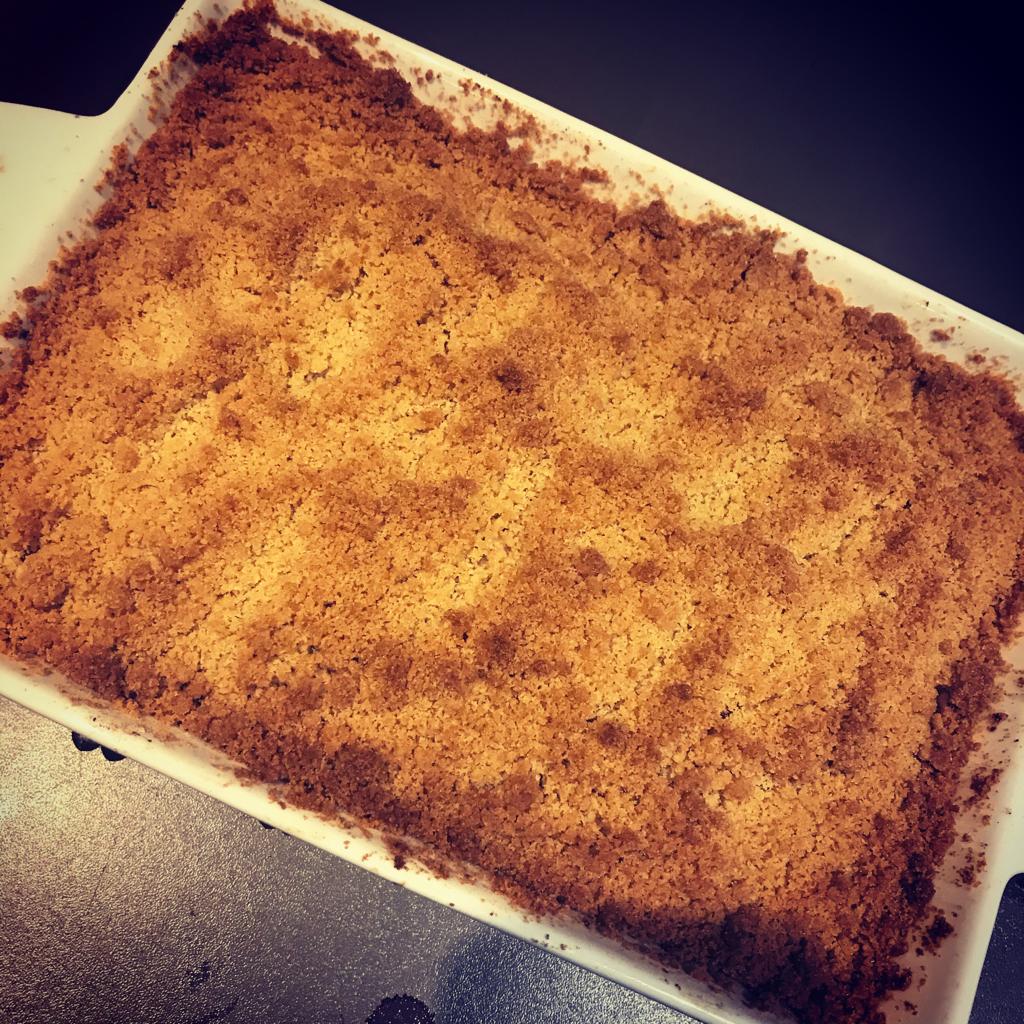
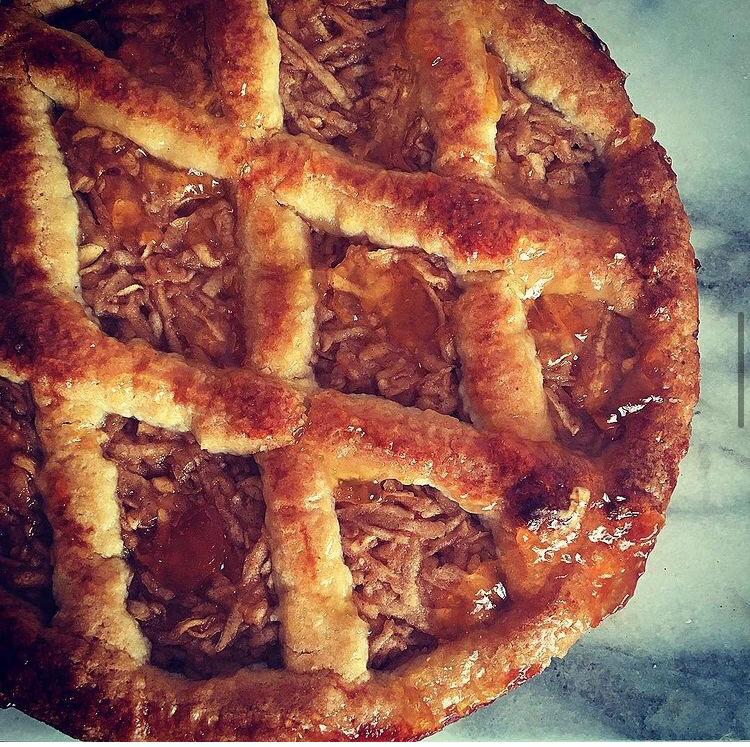
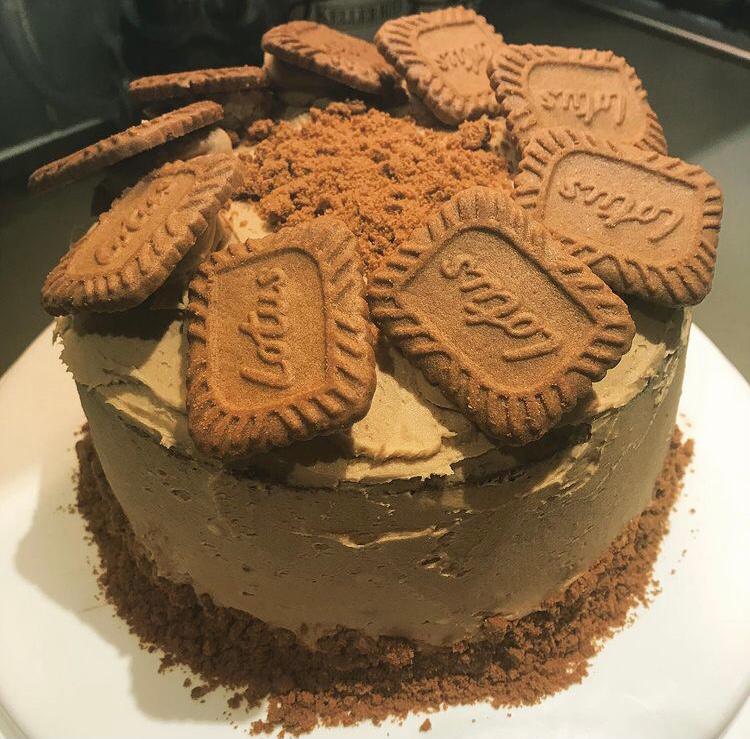
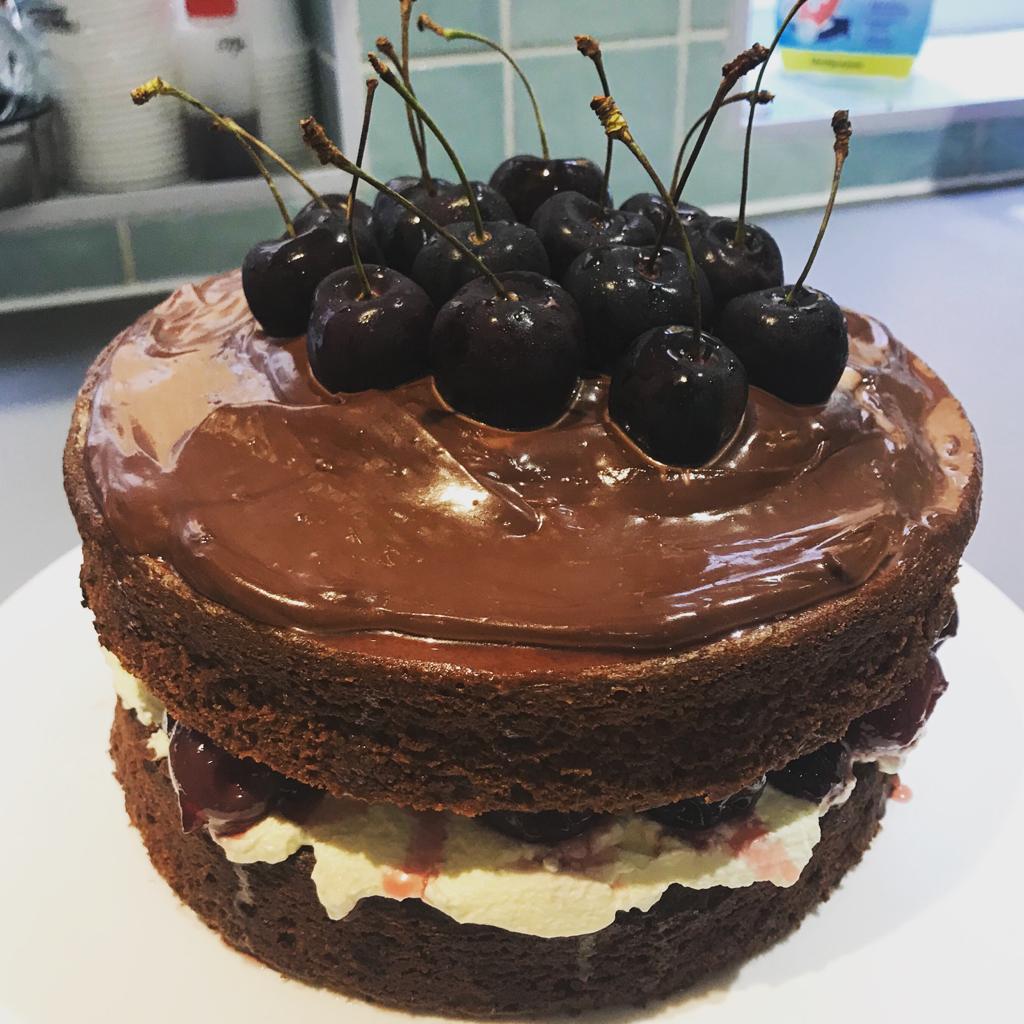
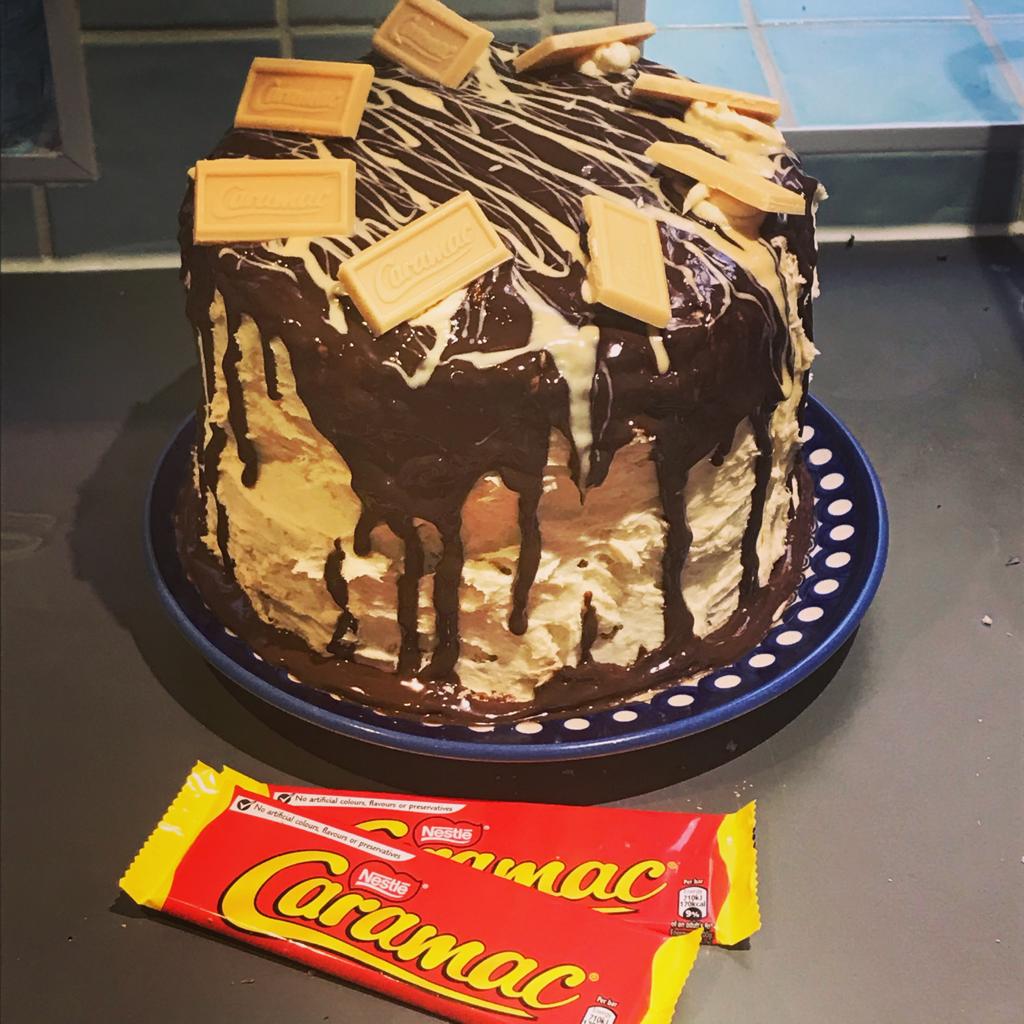
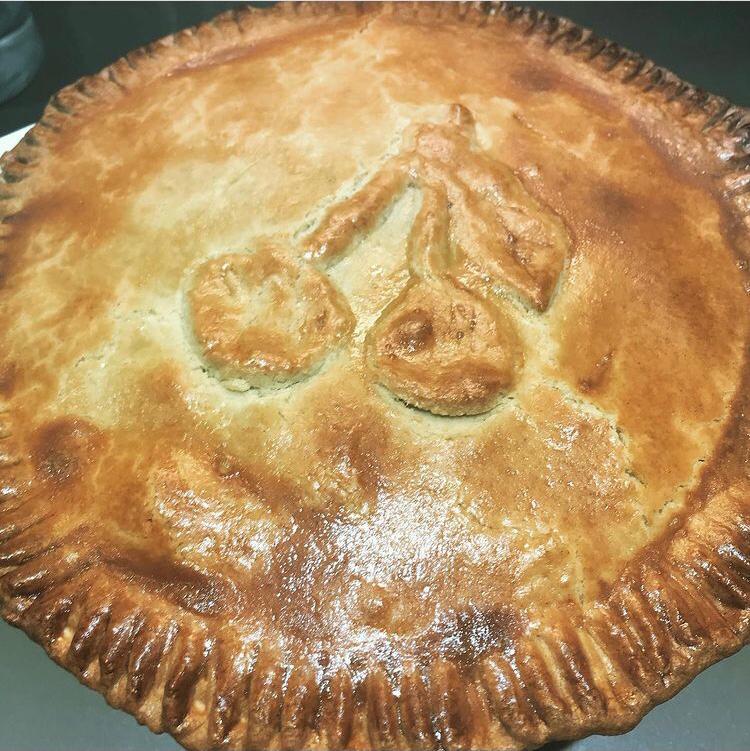
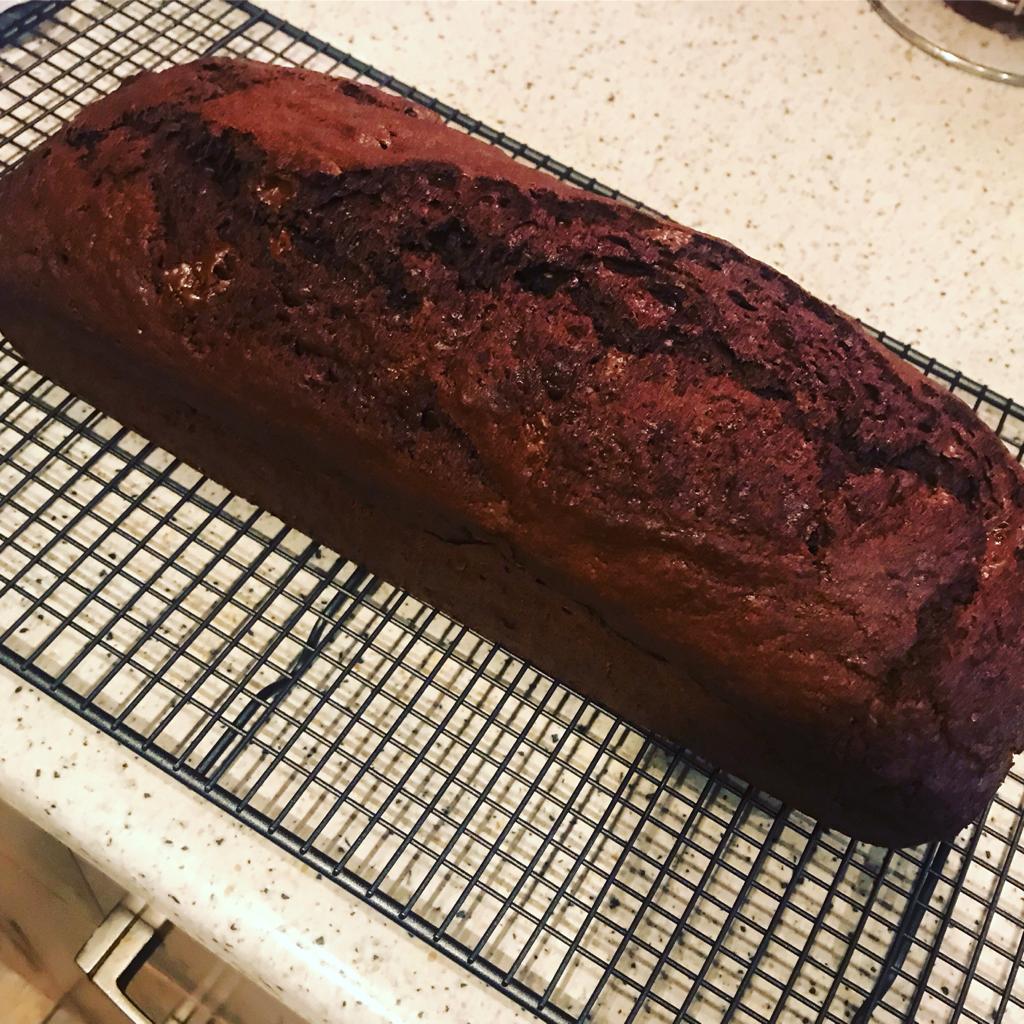
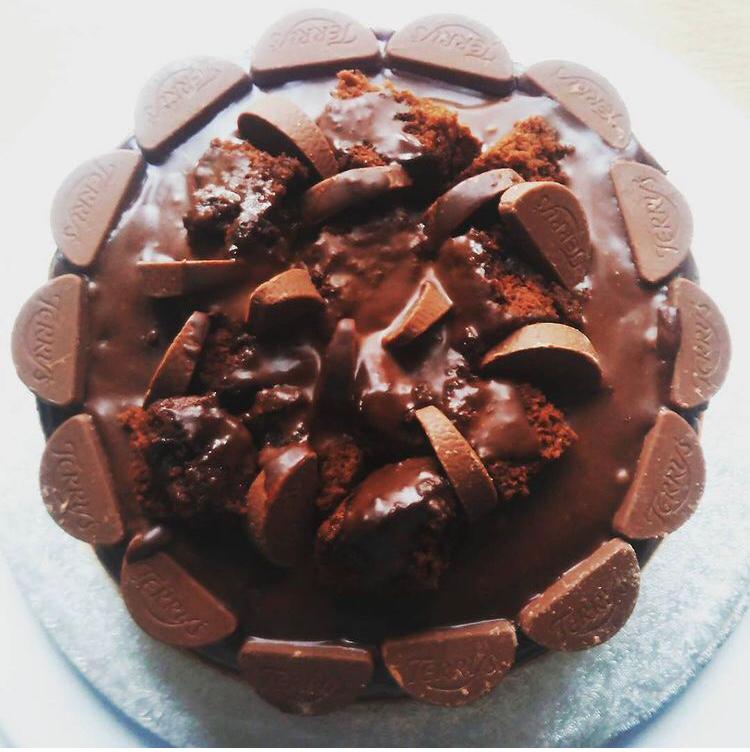
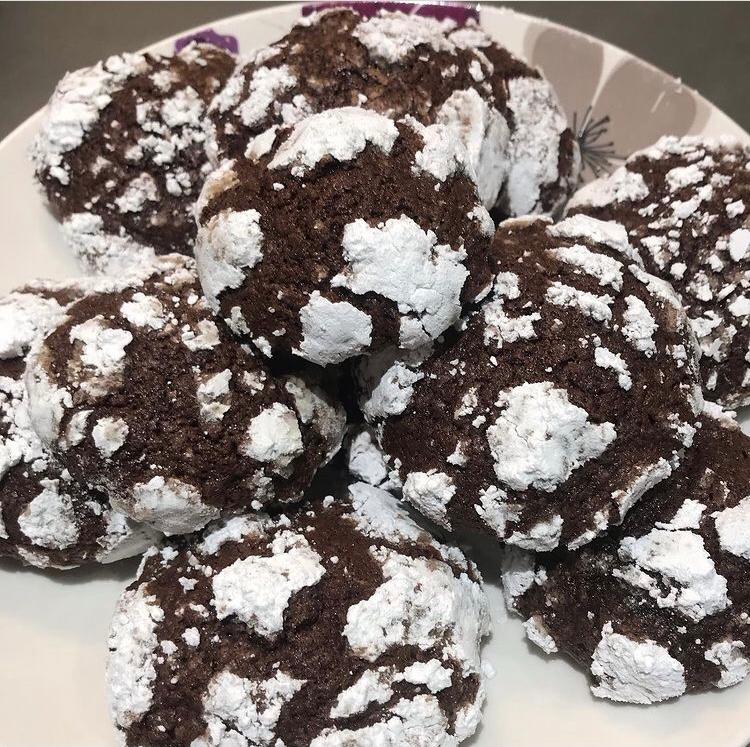
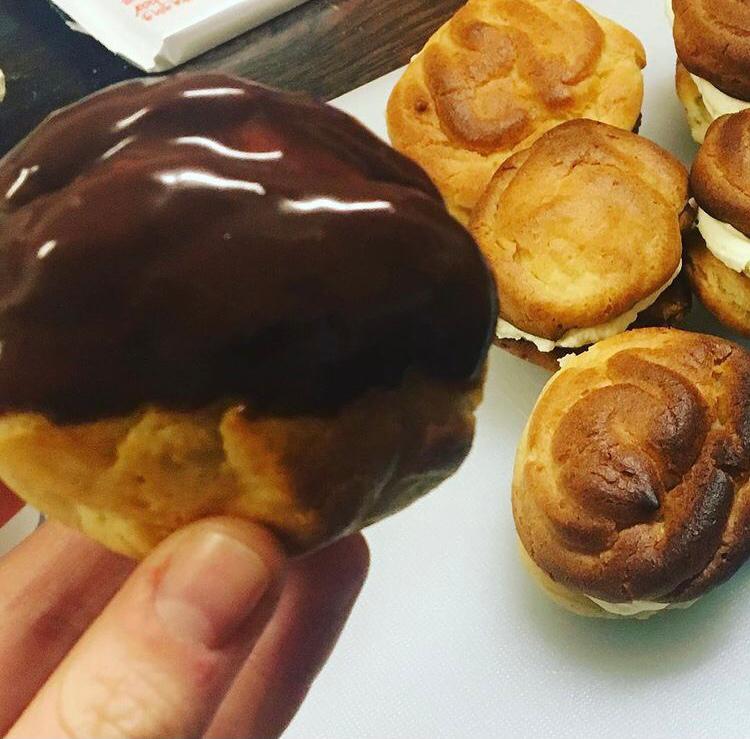
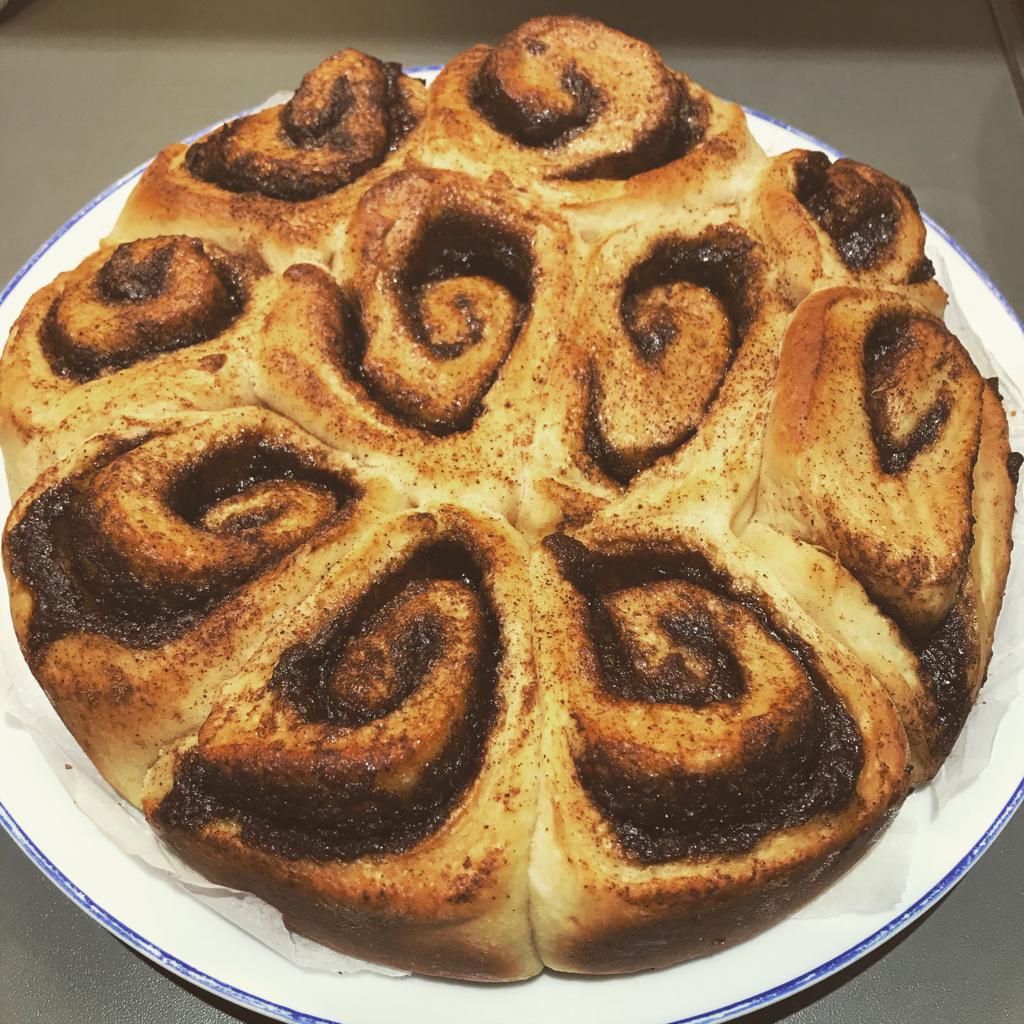
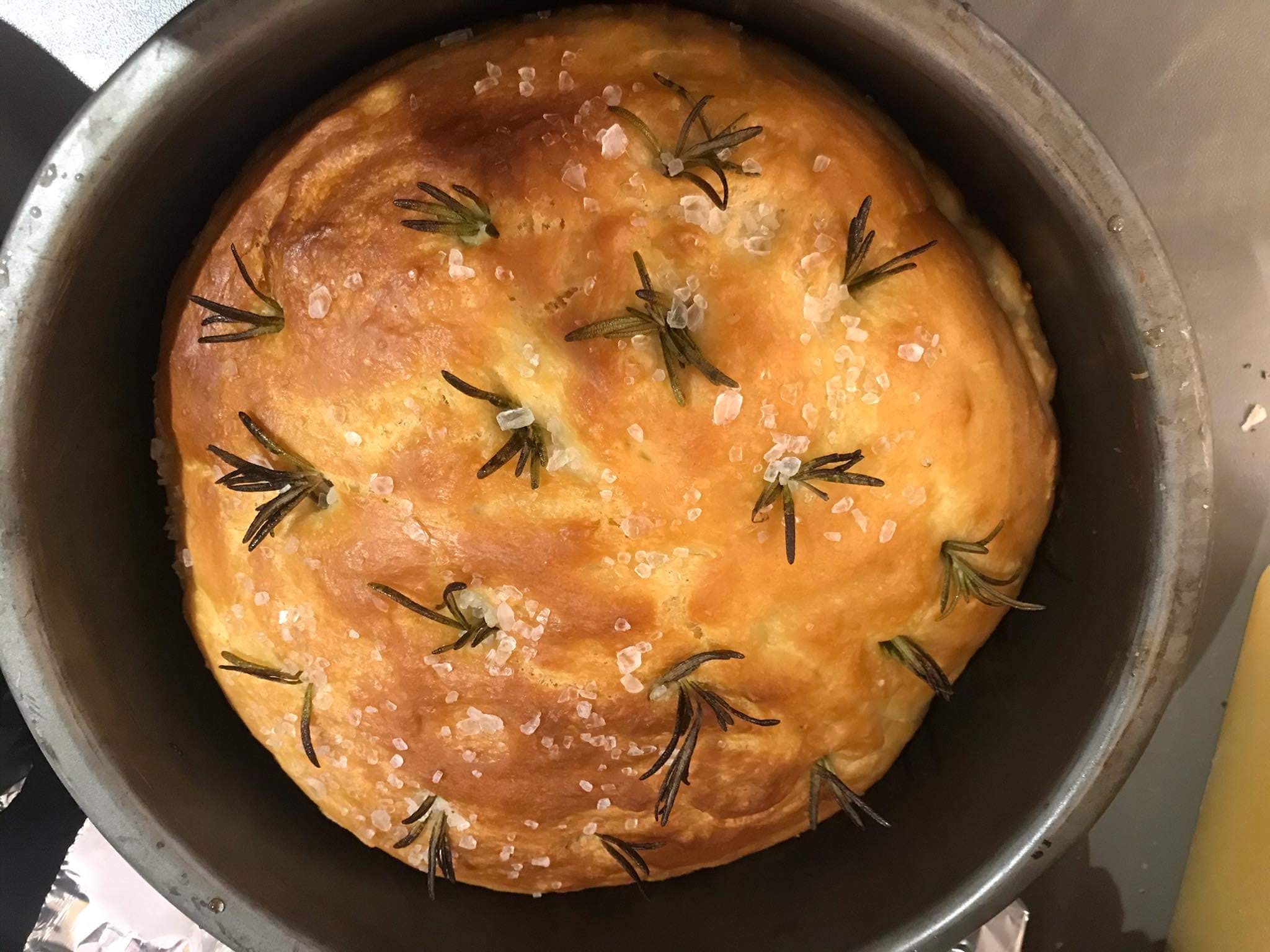
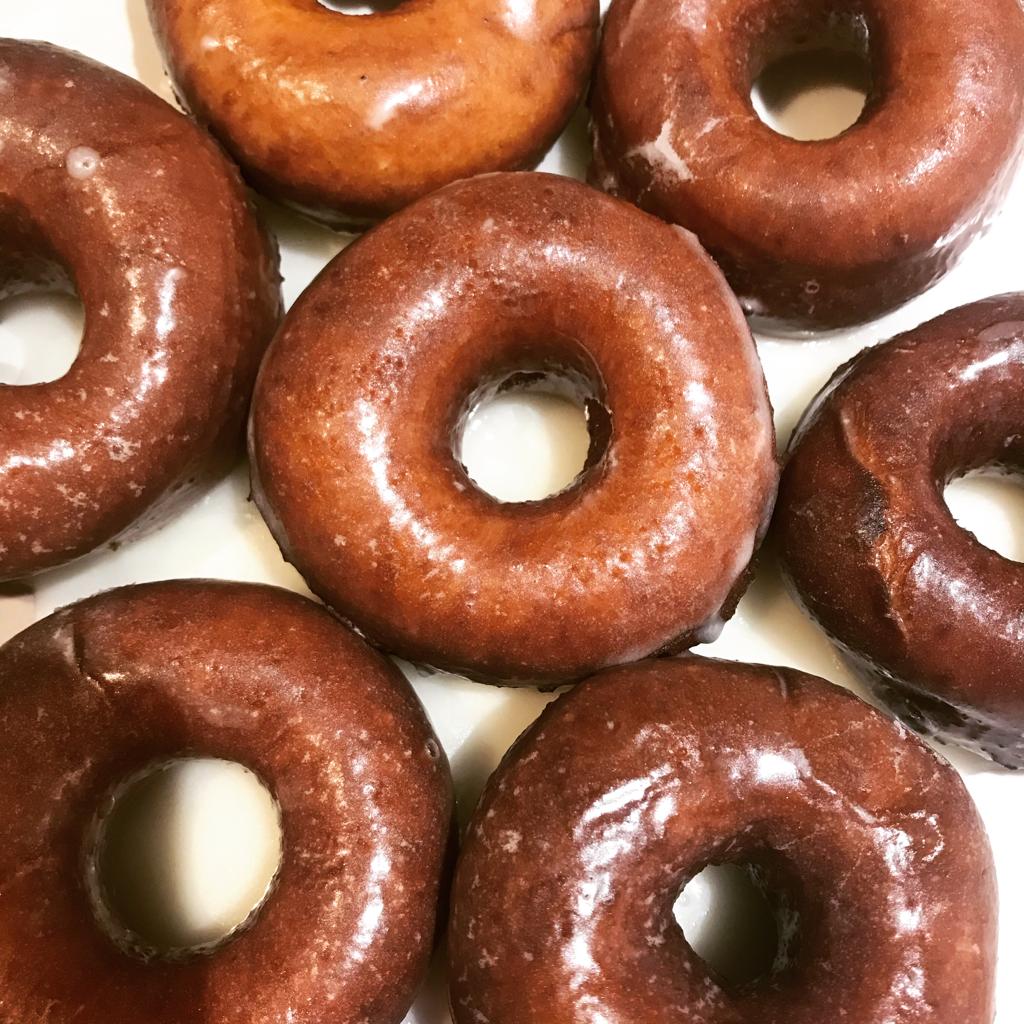
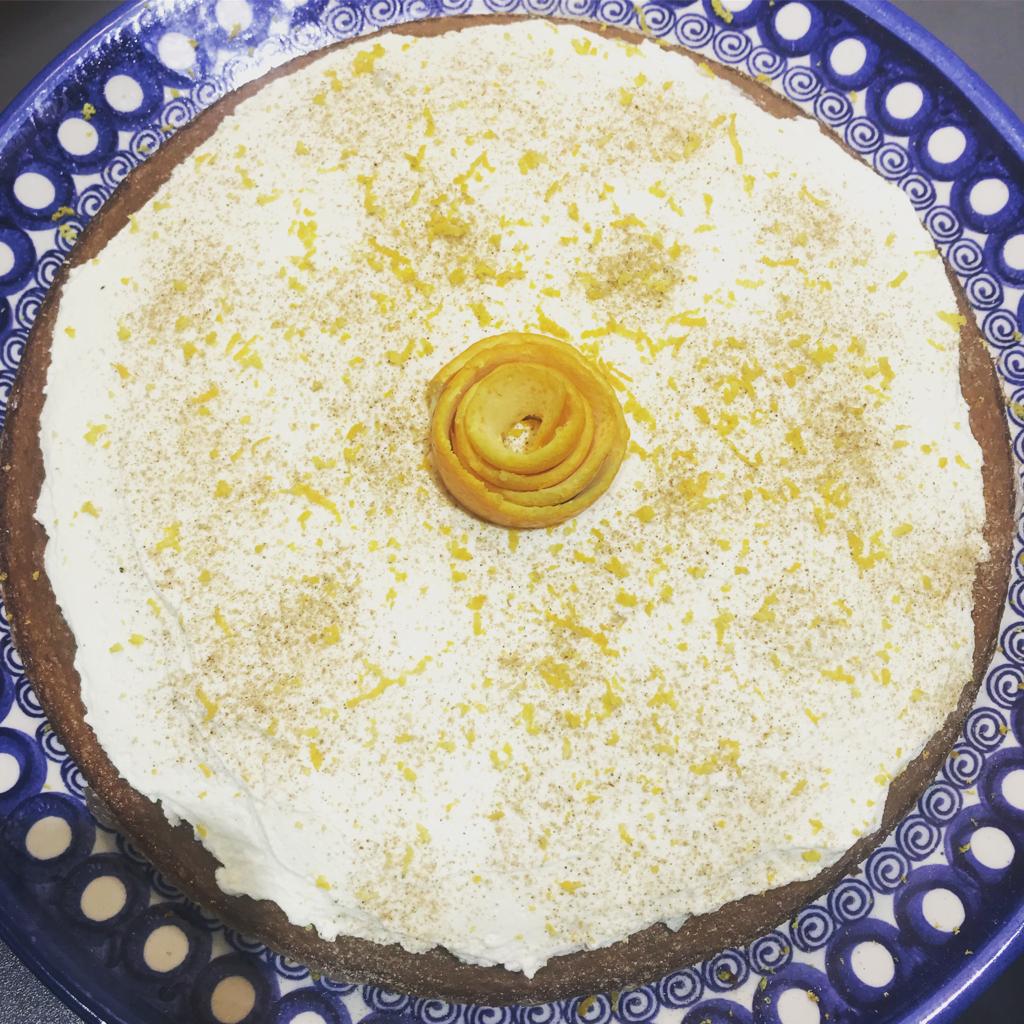
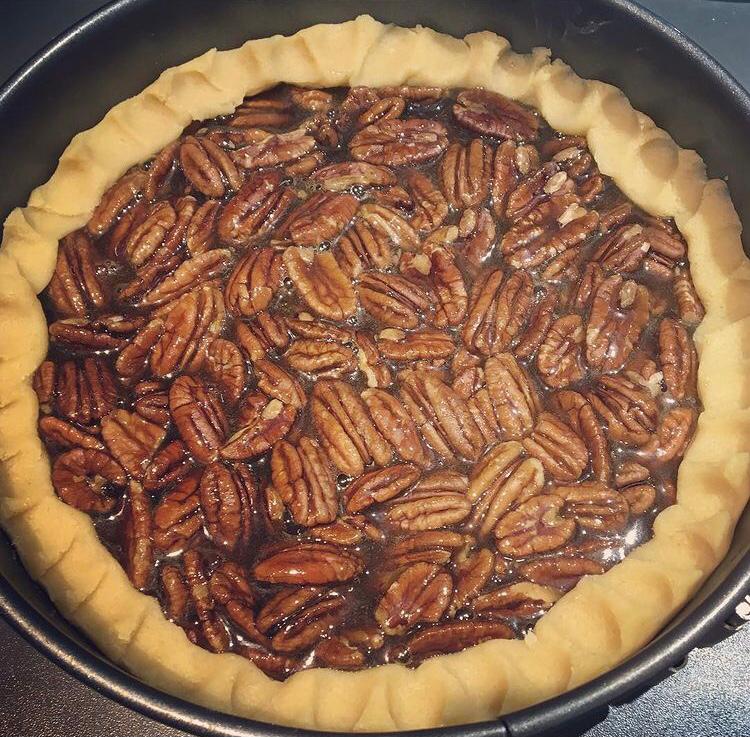
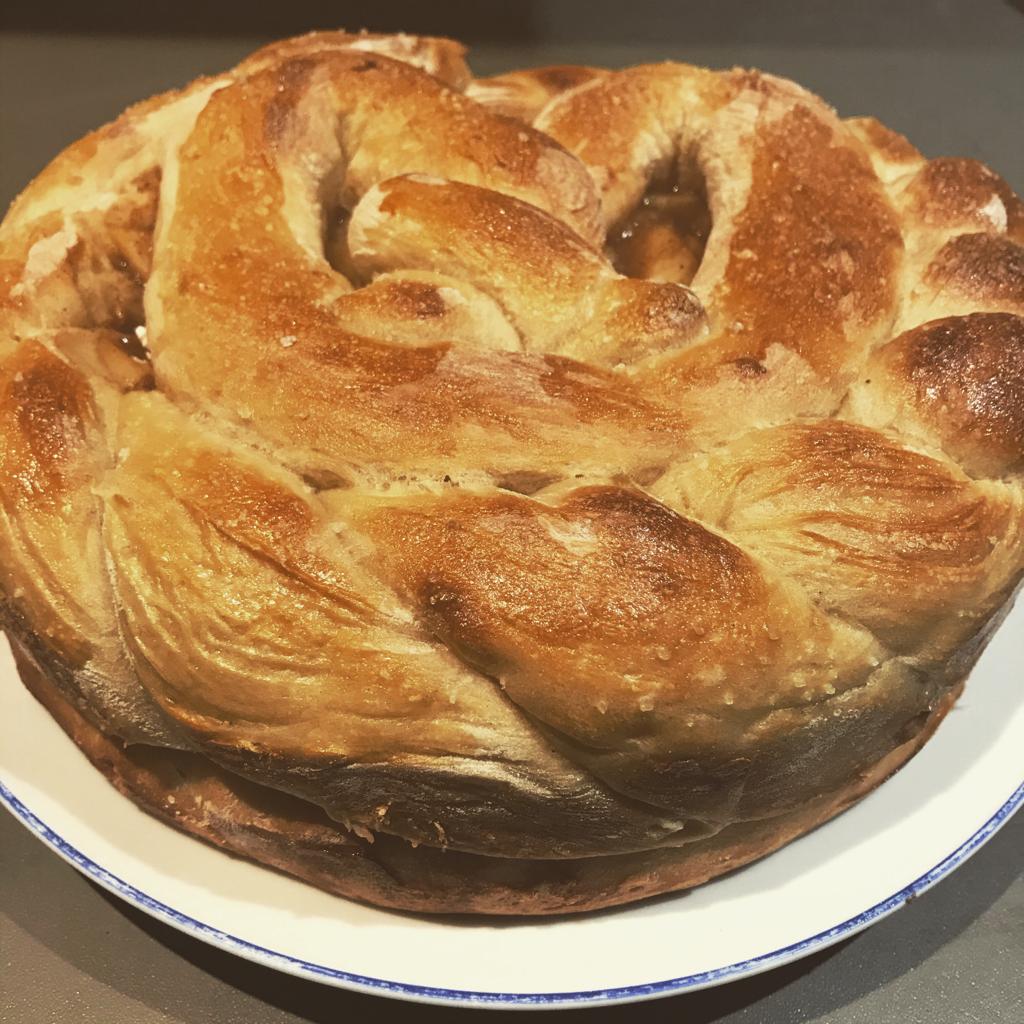
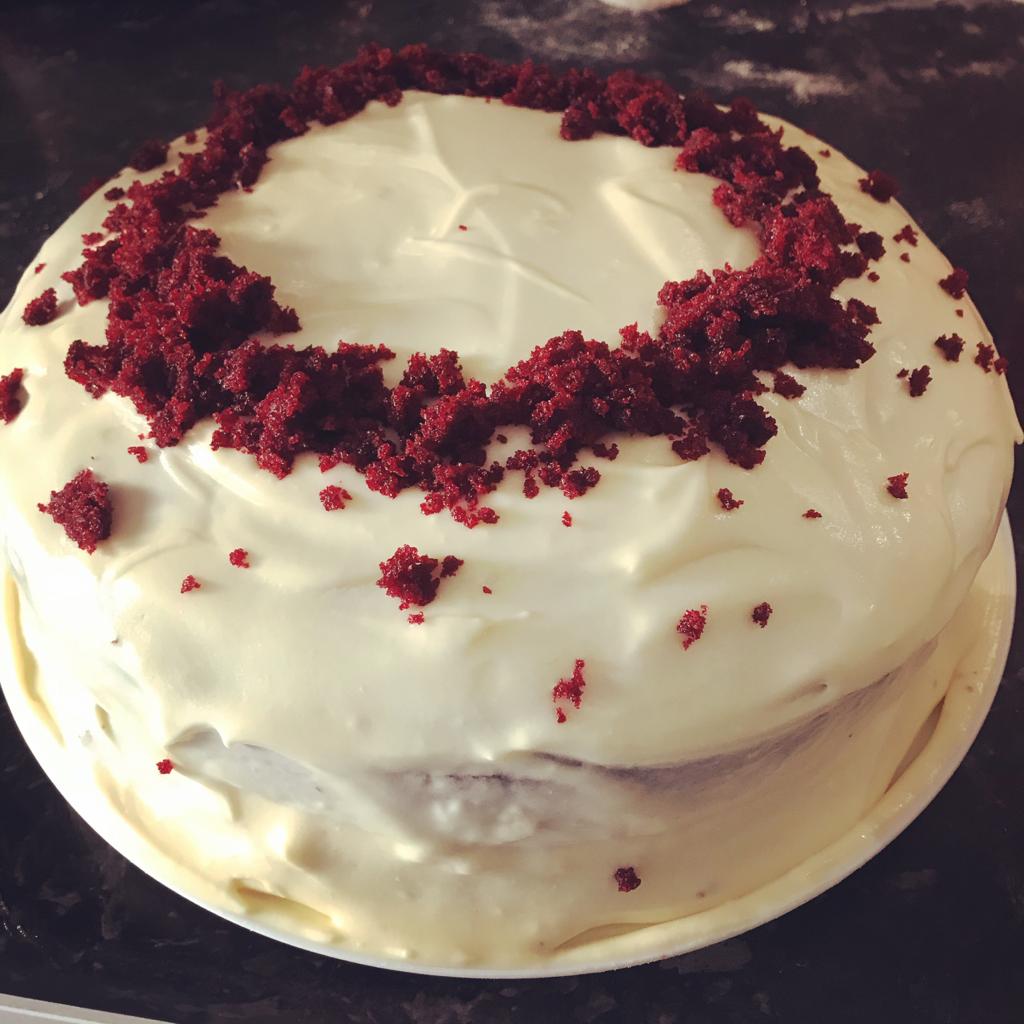
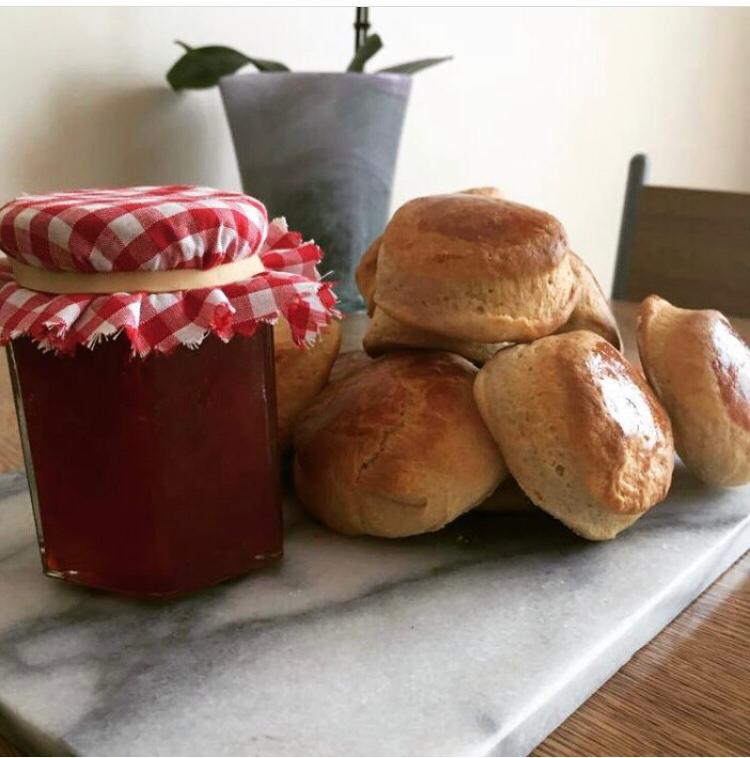
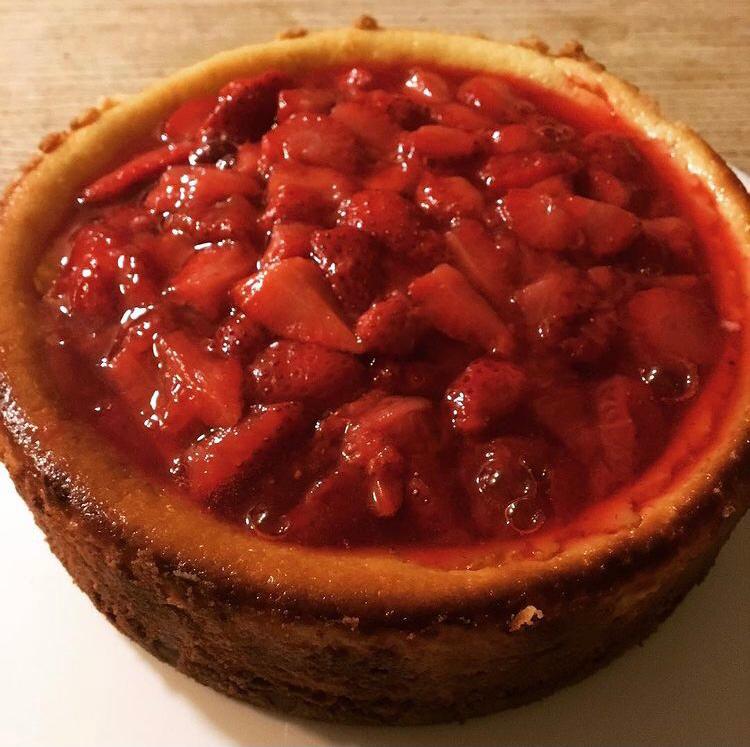
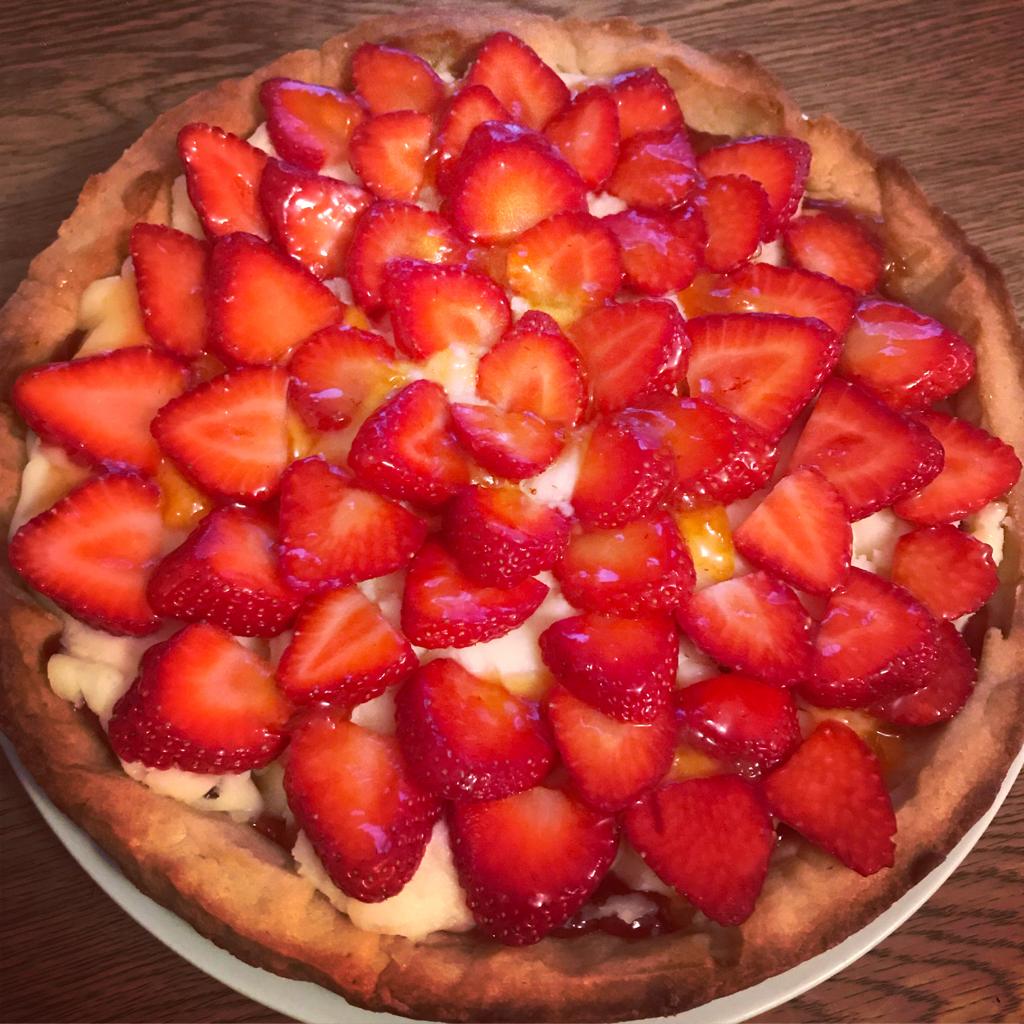
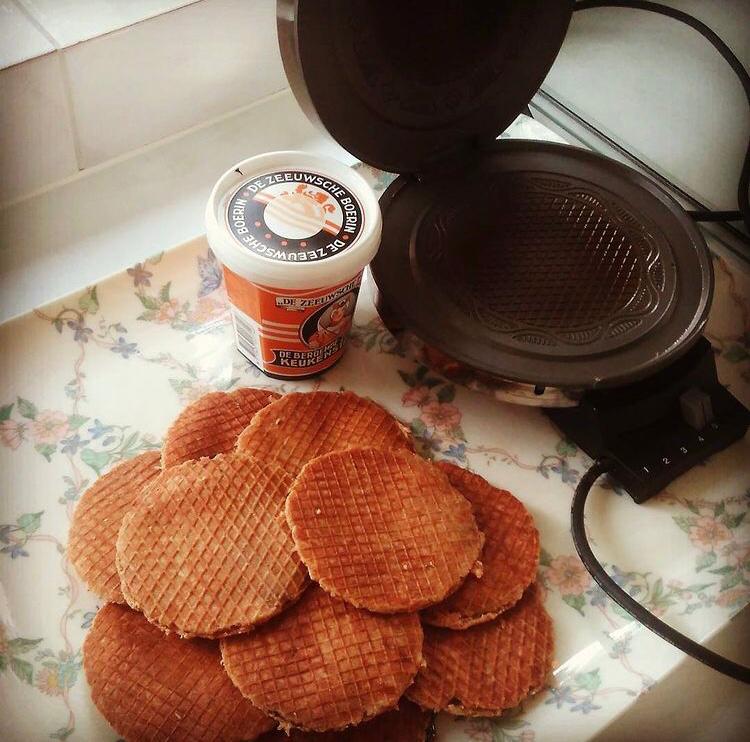
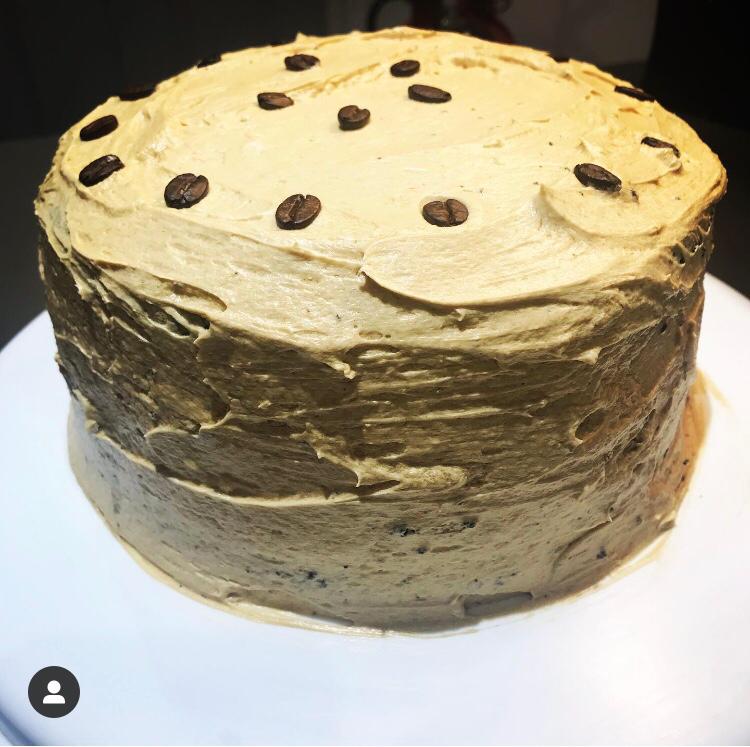
Mattie’s creative writing
I dreamt last night of a time when we can gather again under smells of freshly baked bread, of rosemary and olives. Young and old kneading together, flour like a snow flurry blanketing the wooden surfaces. A grandmother shows her grandchild how to flip and roll, to bring air to the dough, to help it grow and change under the hot oven.
“Do we change too?”, the grandchild asks, squishing sprigs of rosemary and olives into the bread. “Yes, our cells mutate so often, it’s part of growing old, ageing, passing on wisdom.”
The dough enters into the hot oven and we wait until its crispy and brown. We bring it out to share, a communion in a time when the virus mutating isn’t causing harm, and we can nourish ourselves without fear.
Ken's water oil and vinegar experiment
